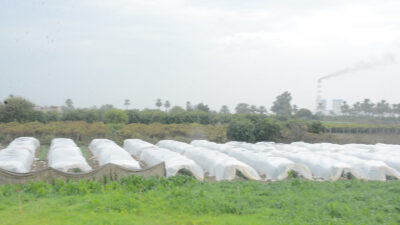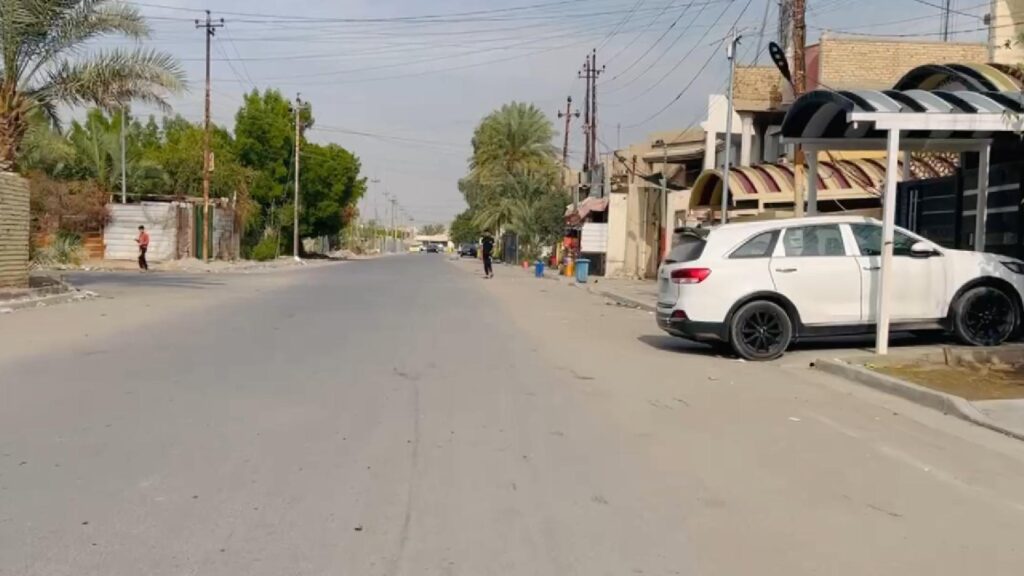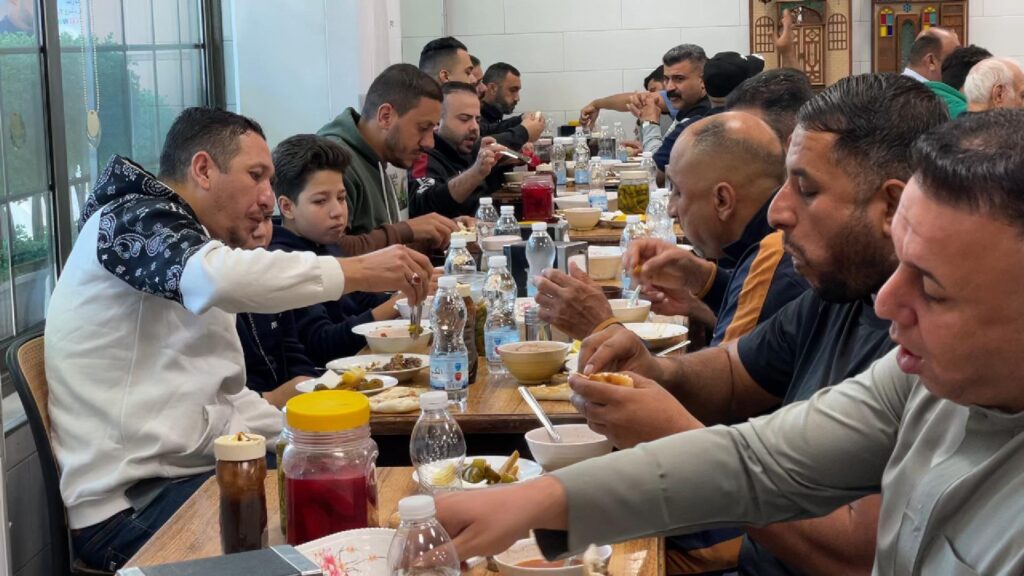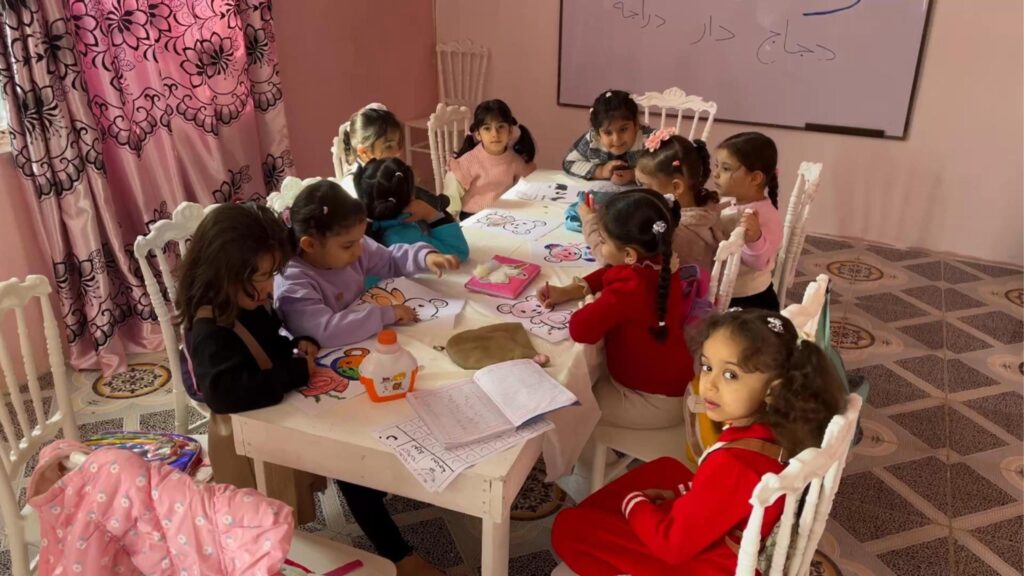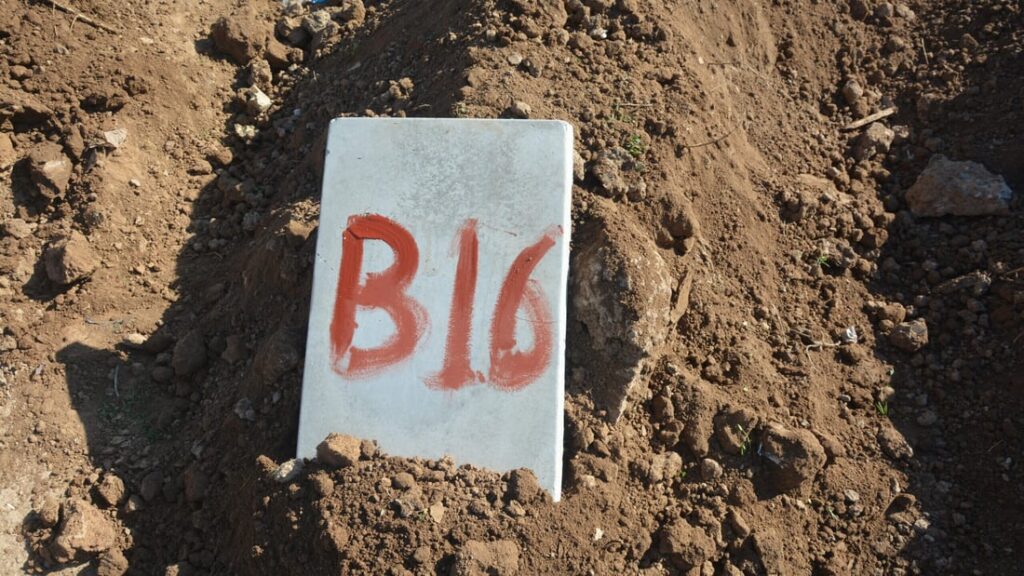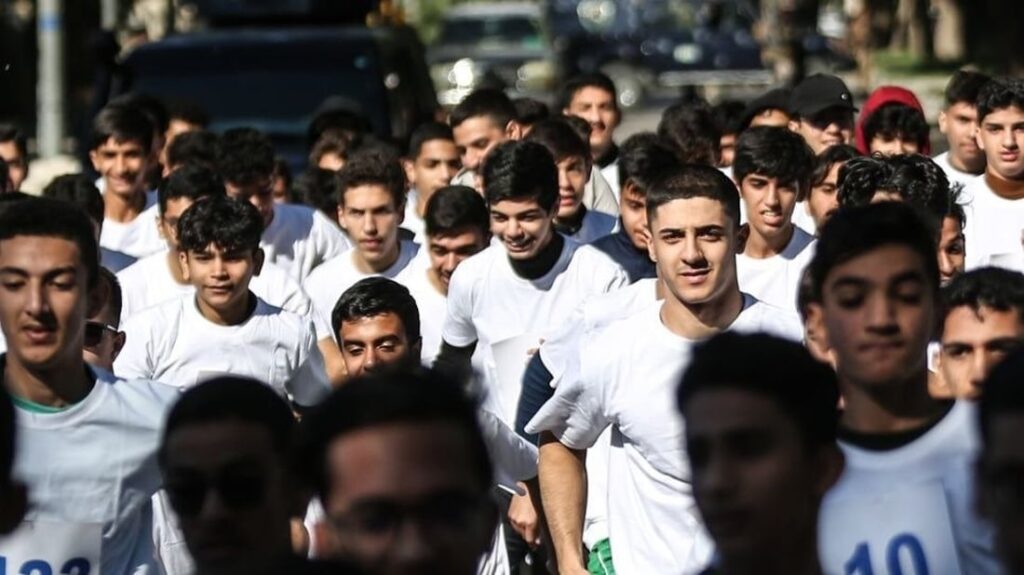Dutch ambassador visits Sinjar, calls for political solution

He stressed the need for “(…) close consultation with the local leadership in Sinjar district,” to help “facilitate the reconstruction of affected areas and the return of displaced persons from Sinjar.”
In May, the UN Special Representative of the United Nations Secretary-General for Iraq, Hennis-Plasschaert, called on the KRG and the Iraqi government to form a unified administration in Shingal.
Ambassador Wolters visited the village of Kocho, where the Islamic State massacred and abducted hundreds of Yezidi’s in 2014, and where the Government of Iraq, UNITAD and ICMP are currently collecting evidence and exhuming mass graves.
He also visited Dutch-funded activities in support of rehabilitation, demining, humanitarian efforts and evidence collection.
The Dutch government has supported activities in liberated areas since 2014, investing over 210 million USD.
Wolters said that the most desired objective remains for displaced inhabitants of Shingal to be able to return home in a safe, dignified and voluntary manner.
“The Government of Iraq and the KRG and the communities, actors, and international partners involved all have a responsibility to make sure that that is possible.”
However, Pari Ibrahim, Founder and Executive Director of the Free Yezidi Foundation, told Kurdistan 24 that it would be a mistake to try and get the ethnoreligious minority to return to Shingal by simply offering “reconstruction, housing, cash incentives or some promises about jobs, without considering security.”
“The biggest problem is not those mentioned above,” she explained. “The main concern is security. People don’t feel safe because there are still Daesh [Arab acronym for ISIS] elements and Daesh supporters around,” she added.
In early June, the Islamic State carried out a rare attack in the Shingal district.
Ibrahim also warned there were still militias and power struggles between political factions in the demolished district.
“It is not a good or safe place to live, work, or raise a family. That is what Yezidi IDPs tell us.”
She added that since it is unlikely most of the Ezidis who are still displaced in camps in the Kurdistan Region would return to Shingal, it would be better for the Netherlands and other countries to support the education of Ezidis through programs focused on schooling, technology, literacy, to build their ability to compete and participate in the modern economy.
“We also believe that one motivation to rush the return of Yezidis to Sinjar is to prevent or discourage their asylum efforts in places like Europe. We all want Yezidis back to their homes, but it should be dignified, voluntary, and most of all, safe,” she concluded.
Editing by Nadia Riva

